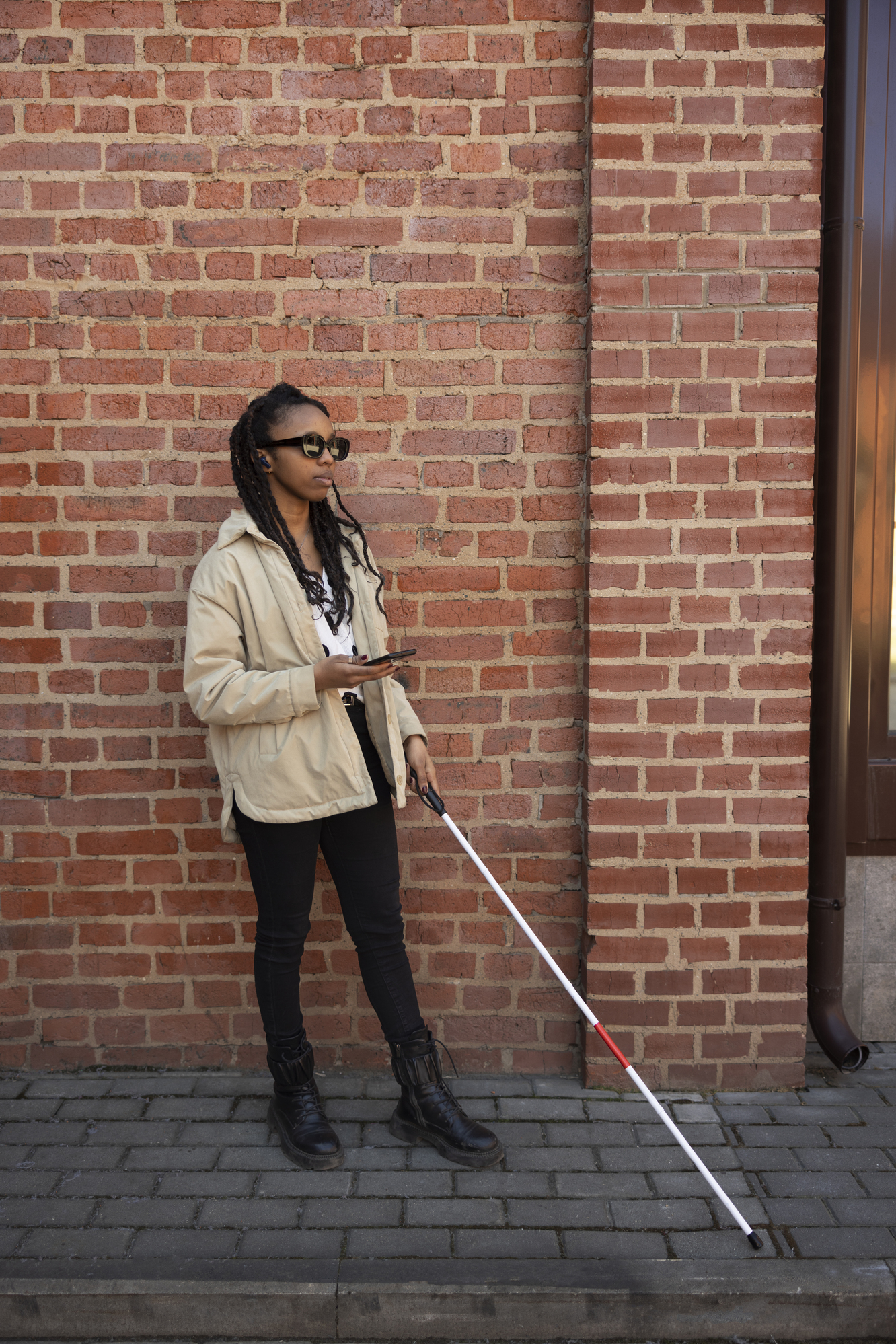

According to a study conducted by scientists at the Karolinska Institutet in Sweden and Jagiellonian University in Poland, blind persons can detect their own heartbeats more accurately than sighted people. According to the study, blindness increases one’s capacity for internal body signals. The Journal of Experimental Psychology: General has published the findings.
Without measuring their pulse or touching their bodies, 36 blind and equal numbers of sighted people were asked to count their own heartbeats. Using a pulse oximeter, the researchers simultaneously captured the subjects’ actual heartbeats. To determine how well the individuals could feel their own heartbeats, they then compared the reported and recorded statistics. The results revealed that the blind participants had better heartbeat detection than the sighted participants. On a scale where 1.0 was the highest possible score, the average accuracy for the blind group was 0.78 and for the sighted group, it was 0.63.
“The blind participants were much better at counting their own heartbeats than the sighted participants in our study and in several previous studies,” says Dominika Radziun, Ph.D. student at the Department of Neuroscience, Karolinska Institutet. “It gives us important information about the brain’s plasticity and how the loss of one sense can enhance others, in this case the ability to feel what happens inside your own body.”
The researchers hypothesize that this capacity for heartbeat detection may be advantageous for processing emotions. Previous research has demonstrated a relationship between the degree of interoceptive accuracy—the capacity to accurately assess one’s own and other people’s emotional states—and perceptional skill.
“We know that heart signals and emotions are closely interlinked; for example, our hearts beat faster when we experience fear. It is possible that blind individuals’ enhanced sensitivity to signals from their own heart also impacts their emotional experiences,” says Dominika Radziun.
The research team will now continue to investigate how blind people experience their own bodies, looking for anatomical alterations in the visual cortex, the area of the brain ordinarily in charge of vision, that could account for the improved sensitivity to impulses from inside the body.
more recommended stories
 Nanoplastics in Brain Tissue and Neurological Risk
Nanoplastics in Brain Tissue and Neurological RiskKey Takeaways for HCPs Nanoplastics are.
 AI Predicts Chronic GVHD Risk After Stem Cell Transplant
AI Predicts Chronic GVHD Risk After Stem Cell TransplantKey Takeaways A new AI-driven tool,.
 Red Meat Consumption Linked to Higher Diabetes Odds
Red Meat Consumption Linked to Higher Diabetes OddsKey Takeaways Higher intake of total,.
 Pediatric Crohn’s Disease Microbial Signature Identified
Pediatric Crohn’s Disease Microbial Signature IdentifiedKey Points at a Glance NYU.
 Nanovaccine Design Boosts Immune Attack on HPV Tumors
Nanovaccine Design Boosts Immune Attack on HPV TumorsKey Highlights Reconfiguring peptide orientation significantly.
 High-Fat Diets Cause Damage to Metabolic Health
High-Fat Diets Cause Damage to Metabolic HealthKey Points Takeaways High-fat and ketogenic.
 Acute Ischemic Stroke: New Evidence for Neuroprotection
Acute Ischemic Stroke: New Evidence for NeuroprotectionKey Highlights A Phase III clinical.
 Statins Rarely Cause Side Effects, Large Trials Show
Statins Rarely Cause Side Effects, Large Trials ShowKey Points at a Glance Large.
 Anxiety Reduction and Emotional Support on Social Media
Anxiety Reduction and Emotional Support on Social MediaKey Summary Anxiety commonly begins in.
 Liquid Biopsy Measures Epigenetic Instability in Cancer
Liquid Biopsy Measures Epigenetic Instability in CancerKey Takeaways Johns Hopkins researchers developed.

Leave a Comment